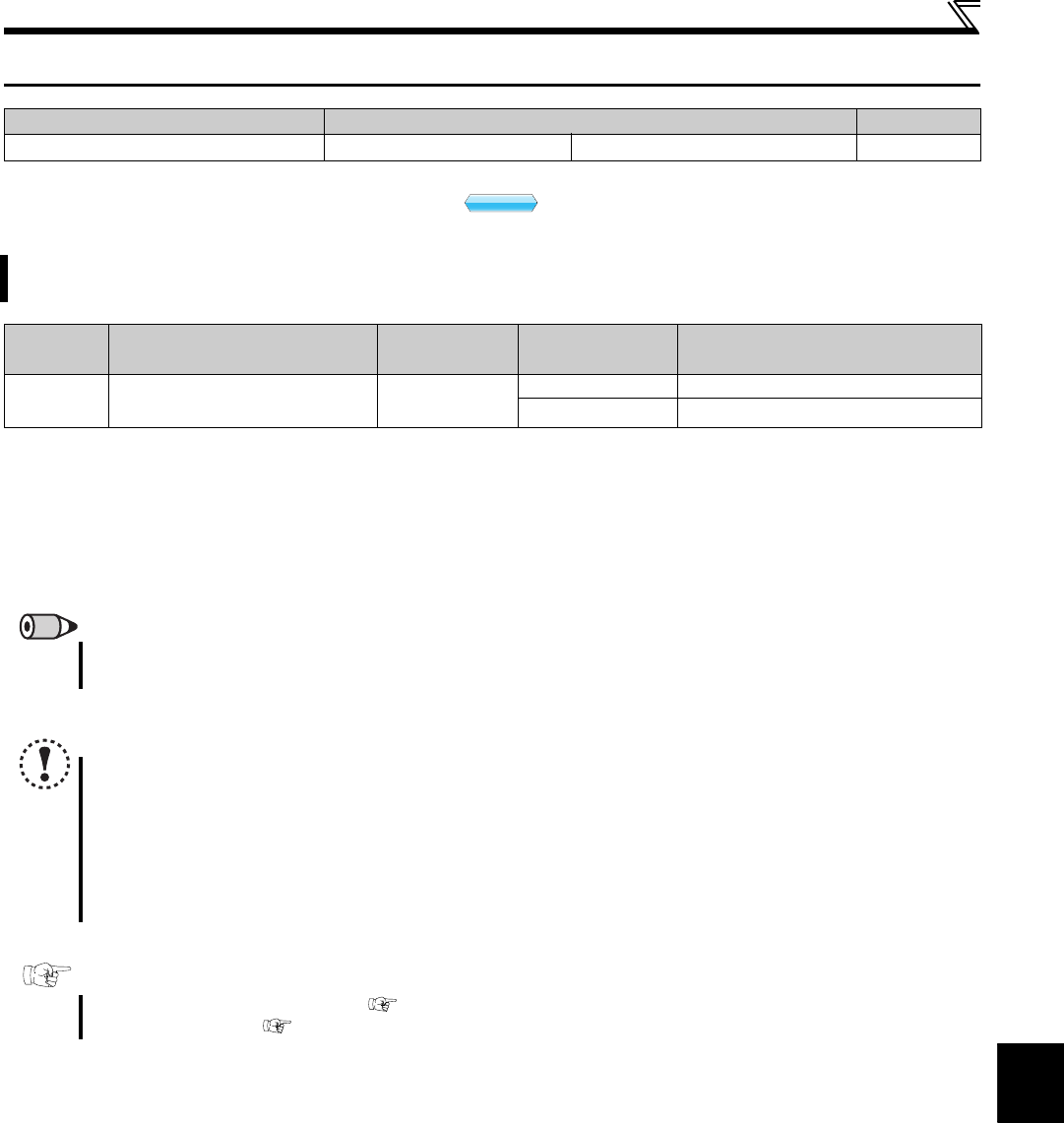
147
Energy saving operation
4
PARAMETERS
4.14 Energy saving operation
4.14.1 Optimum excitation control (Pr. 60)
The above parameter can be set when Pr. 160 Extended function display selection = "0". (Refer to page 162)
* When parameter is read using the FR-PU04, a parameter name different from an actual parameter is displayed.
(1) Optimum excitation control mode (setting "9")
When "9" is set in Pr. 60, the inverter operates in the Optimum excitation control mode.
The Optimum excitation control mode is a control system which controls excitation current to improve the motor efficiency
to maximum and determines output voltage as an energy saving method.
Purpose Parameter that should be Set Refer to Page
Energy saving operation Optimum excitation control Pr. 60
147
Without a fine parameter setting, the inverter automatically performs energy saving operation.
This setting is optimum for fan and pump applications
Parameter
Number
Name Initial Value Setting Range Description
60
Energy saving control
selection *
0
0 Normal operation mode
9 Optimum excitation control mode
REMARKS
When the motor capacity is too small as compared to the inverter capacity or two or more motors are connected to one inverter,
the energy saving effect is not expected.
NOTE
When the Optimum excitation control mode is selected, deceleration time may be longer than the setting value. Since
overvoltage alarm tends to occur as compared to the constant-torque load characteristics, set a longer deceleration
time.
Optimum excitation control functions only under V/F control. Optimum excitation control does not function under
General-purpose magnetic flux vector control.
Optimum excitation control will not be performed during an automatic restart after instantaneous power failure.
Since output voltage is controlled by Optimum excitation control, output current may slightly increase.
Parameters referred to
General-purpose magnetic flux vector control Refer to page 75
Pr. 57 Restart coasting time Refer to page 136
V/F
V/F
V/F


















